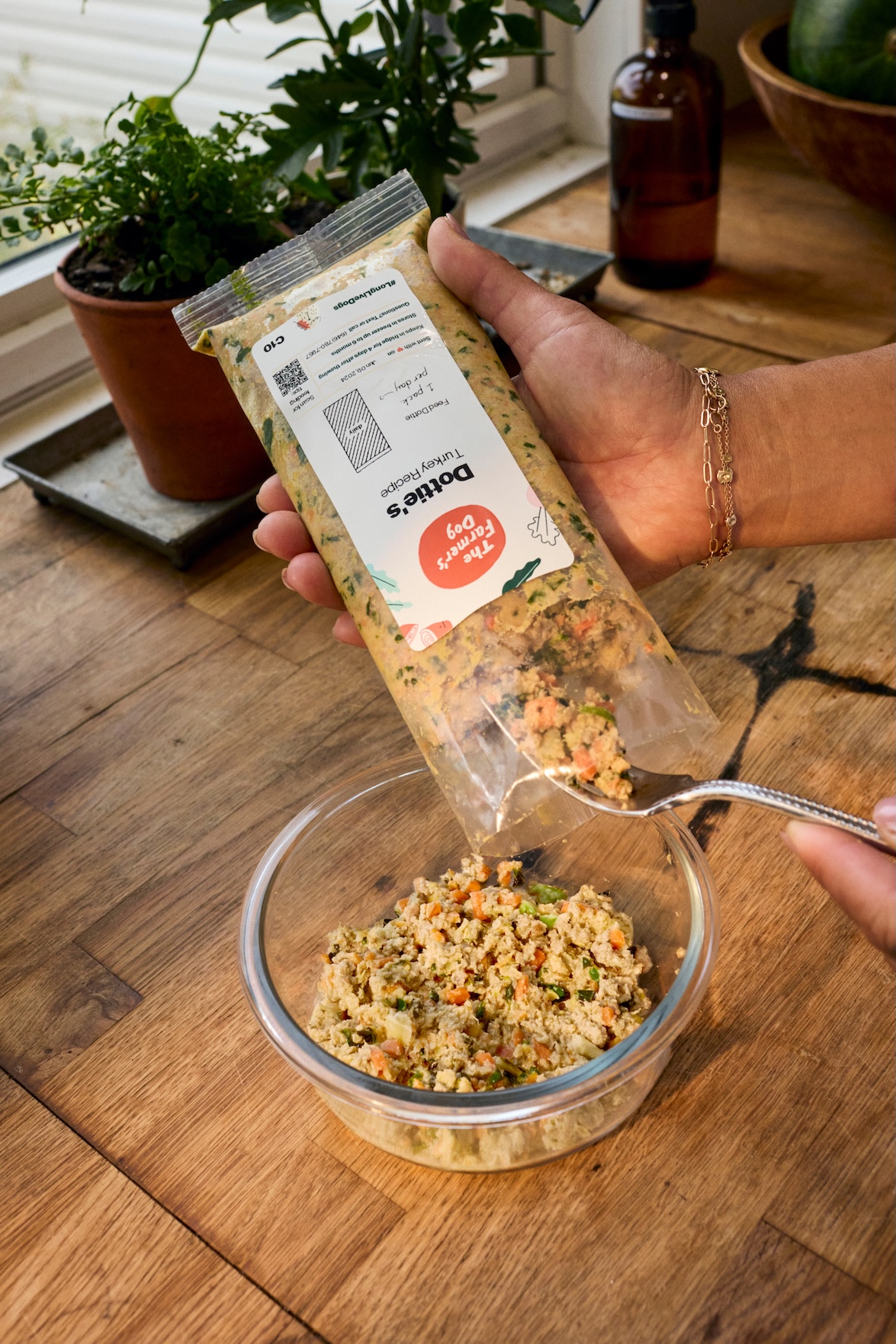Is it safe to give your dog cheese? Yes, dogs can eat cheese, but with an emphasis on “in moderation.”
For most dogs, rich, fragrant, flavorful, fatty cheese is among the most covetable snacks. While cheese may be safe for your dog to consume, there are several things to consider before making it even an occasional treat.
First and foremost, it’s a dairy product which makes it a no-go for dogs who are lactose intolerant (aged cheeses like parmesan, cheddar, and Swiss tend to be lowest in lactose). Second, it’s high in fat and calories which can put your dog at risk for obesity if you feed too much.
Key info about cheese
Cheese is an excellent source of calcium and contains significant amounts of zinc, phosphorus, riboflavin, and vitamins A and B-12. Keep in mind that cheese is also high in fat and calories however, averaging about 100 calories per ounce. While the protein and fat content of cheese varies with the type, on average, an ounce of cheese contains about seven grams of protein, nine grams of fat, and about one gram of carbohydrate.
The benefits/drawbacks of cheese
Cheese has a number of nutritional and training benefits, but they come at a cost.
Cheese can be a rich source of calcium which is essential for healthy growth and bone development. But if you’re feeding a complete and balanced diet of fresh food, your dog should be getting the right amount of calcium—too many extras, like cheese, can cause nutritional imbalance.
Cheese can also be a helpful aid in training, for the times when you need that extra-special treat to provide added incentive.
Though cheese contains important nutrients, and is pretty irresistible to most dogs, it is much too high in fat and calories to include it in your dog’s diet on a regular basis, or in significant quantities. Overconsumption of high-fat foods like cheese can increase your dog’s risk for obesity.
How to feed cheese/how much to feed
Cheese is safe for dogs to eat, but should be fed as an occasional, special treat only.
If you’re feeding your dog cheese for the first time, start with a very small amount to make sure they aren’t lactose intolerant or otherwise intolerant. Low-lactose hard cheeses like parmesan and cheddar may be a little easier on their stomach. You can also pick lower-fat types like mozzarella or goat cheese. Cottage cheese is a lower-fat, low-lactose option with a fairly bland flavor that makes it a good option for dogs suffering from diarrhea or stomach upset.
For small dogs, a small nibble of cheese is more than enough. Larger dogs may be able to tolerate a one-inch cube (divided into a few mini-bites) as an occasional high-value treat.




